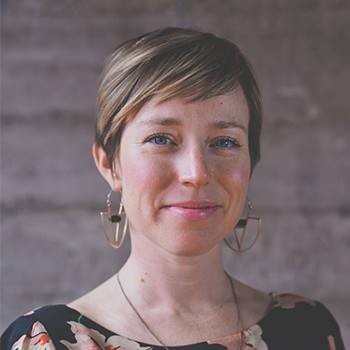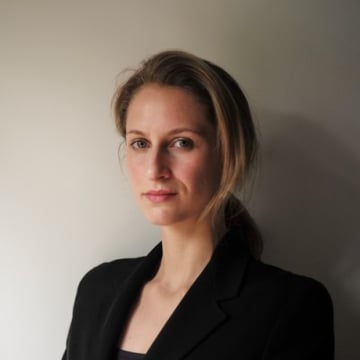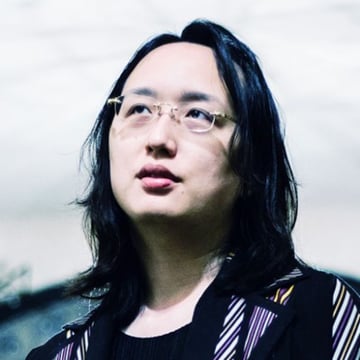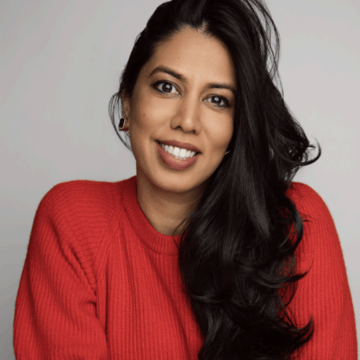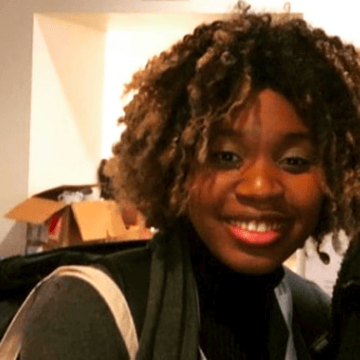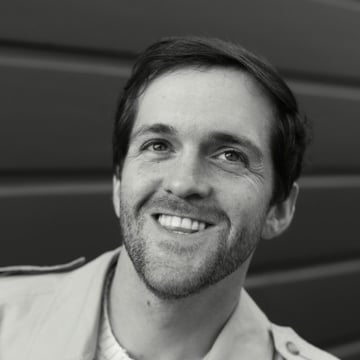
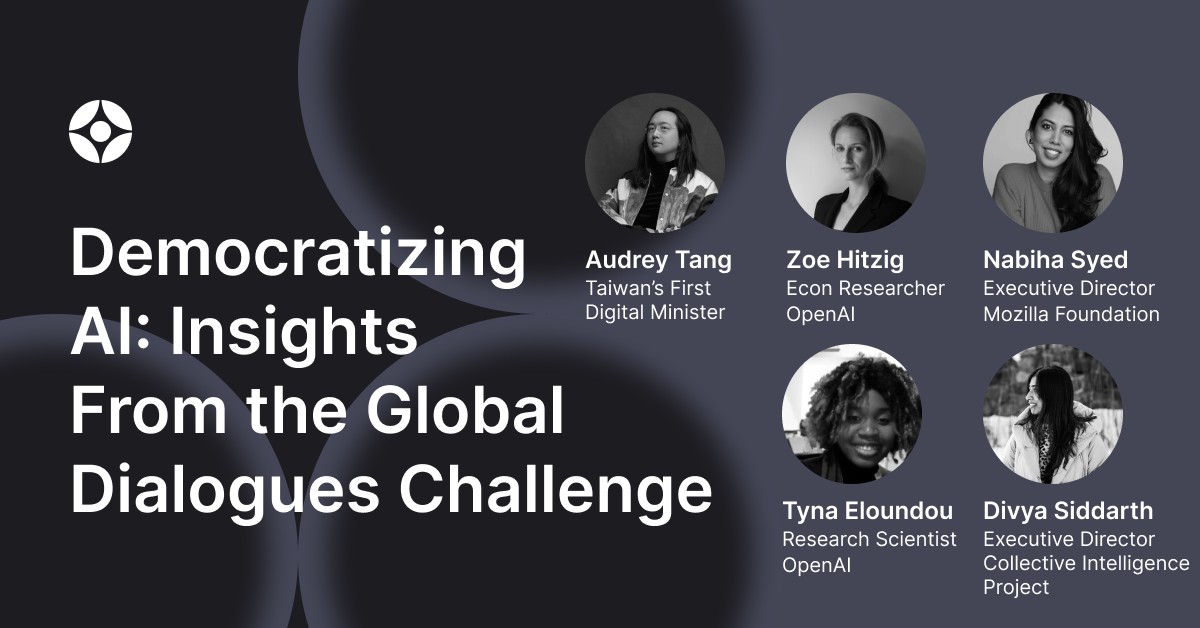
Virtual Event: Democratizing AI: Insights from the Global Dialogues Challenge
About the Talk
Join OpenAI and the Collective Intelligence Project for a special forum announcing the winners of the Global Dialogues Challenge—a worldwide effort to identify new ways of ensuring that diverse perspectives shape the future of artificial intelligence.
The Challenge asked participants across the globe to work with a dataset of citizen views on AI—specifically, demographic data and insights gathered through deliberative discussion and consensus-building. Participants were invited to turn this rich, participatory dataset into visualizations, creative benchmarks, and actionable insights. From over 400 participants registered from 30+ countries, the submissions reveal how people from different cultures, countries, and communities envision AI’s role in their lives—and how we can build new AI-powered tools rooted in shared human values. Winning entries will receive prizes from a $10,000 fund.
Judges from OpenAI, Mozilla, and global public interest tech networks will join the Collective Intelligence Project team to reflect on the meaning of Democratic AI and the motivations behind the Global Dialogues initiative. This conversation sets the stage for a deeper look into the Challenge—its design, the criteria for selecting winners, and key takeaways from the process. Afterward, the winning team will present their project. Together, we’ll explore how open data, public input, and a shared vision can shape responsible, inclusive AI.
Whether you're a technologist, policymaker, educator, or simply curious about how AI can reflect and serve humanity, we invite you to join this dynamic and inspiring conversation.
About the Speakers
Audrey Tang, Taiwan's first Digital Minister
A globally recognized civic-tech leader and the world’s first openly non-binary cabinet minister, Ambassador Audrey Tang has been instrumental in positioning Taiwan at the forefront of internet freedom and civic participation. TIME named Tang to its inaugural "100 Most Influential People in AI" list in 2023 for her profound impact on leveraging technology for public good.
Tang was a key contributor to the g0v.tw civic tech community, an initiative that promotes transparency by "forking" government websites into open-source versions preferred by citizens. During the 2014 Sunflower Movement, Tang played a critical role in livestreaming protests against a controversial trade pact, transforming deliberation into a public act of courage, cementing Taiwan’s reputation as Asia’s beacon of freedom
She was instrumental in developing participation platforms like vTaiwan.tw and Join.gov.tw, which directly led to practical policy improvements, including crafting rideshare legislation, streamlining tax filing, and overcoming deepfake ads online.
Her innovative approaches were further highlighted during the COVID-19 pandemic, where her team rapidly developed tools like real-time mask availability maps and privacy-preserving contact tracing, contributing to Taiwan’s acclaimed response that avoided lockdowns while maintaining economic growth. More recently, Tang was key in safeguarding Taiwan's 2024 presidential and legislative elections from foreign cyber interference.
Her vision is captured in her poetic job description: When we see "internet of things," let's make it an INTERNET OF BEINGS. When we see "virtual reality," let's make it a SHARED REALITY. When we see "machine learning," let's make it COLLABORATIVE LEARNING. When we see "user experience,"let's make it ABOUT HUMAN EXPERIENCE. When we hear “the singularity is near” — let us remember: The PLURALITY is here.
Nabiha Syed, Executive Director @ Mozilla Foundation
Nabiha Syed is Executive Director of Mozilla Foundation, the global nonprofit that does everything from championing trustworthy AI to advocating for a more open, equitable internet.
Formerly, Nabiha was the CEO of The Markup, an award-winning journalism non-profit that challenges technology to serve the public good. Under her leadership, The Markup’s unique approach was referenced by Congress 21 times, inspired dozens of class action lawsuits, won a national Murrow Award and a Loeb Award, and was recognized as “Most Innovative” by Fast Company in 2022.
Prior to The Markup, Nabiha was a highly acclaimed media lawyer with a legal career spanning private practice and the New York Times First Amendment Fellowship. She led BuzzFeed’s libel and newsgathering matters, including the successful defense of several high-profile libel lawsuits.
Nabiha sits on the boards of the Scott Trust, the $1B+ British company that owns The Guardian newspaper, the New York Civil Liberties Union, the Reporters Committee for the Freedom of the Press, and the New Press. She also serves as an advisor to ex/ante, the first venture fund dedicated to agentic tech, and she is a current member of The World Economic Forum’s AI Governance Alliance. In 2023, Nabiha was awarded the NAACP/Archewell Digital Civil Rights Award for her work.
Divya Siddarth, Co-Founder and Executive Director @ Collective Intelligence Project
Divya Siddarth is the co-founder of the Collective Intelligence Project, an experimental research organization that advances collective intelligence capabilities for the democratic and effective governance of transformative technologies. She was formerly Associate Political Economist and Social Technologist at Microsoft's Office of the CTO, and also holds positions at the Ethics in AI Institute in Oxford, Stanford’s Center for Human-Centered AI, and at the Plurality Lab at Harvard’s Safra Center for Ethics.
Zoë Hitzig, Econ Researcher @ OpenAI
Zoë Hitzig is currently a Research Scientist at OpenAI. Prior to joining OpenAI, she was a Junior Fellow at the Harvard Society of Fellows, and completed a PhD in economics from Harvard, where her research centered on privacy and transparency in market design. Outside her research, she is also a writer––she is the author of two books of poetry and has published essays and criticism in a range of venues.
Tyna Eloundou, Research Scientist @ OpenAI
Tyna Eloundou is a researcher at OpenAI, whose most recent work includes leading safety evaluations, economic impact evaluations, and the democratic inputs to AI grant program. Currently, she leads the Collective Alignment team, which is conducting research and building systems to integrate collective input about how our models should behave.
Speakers
Agenda














Attendees


















